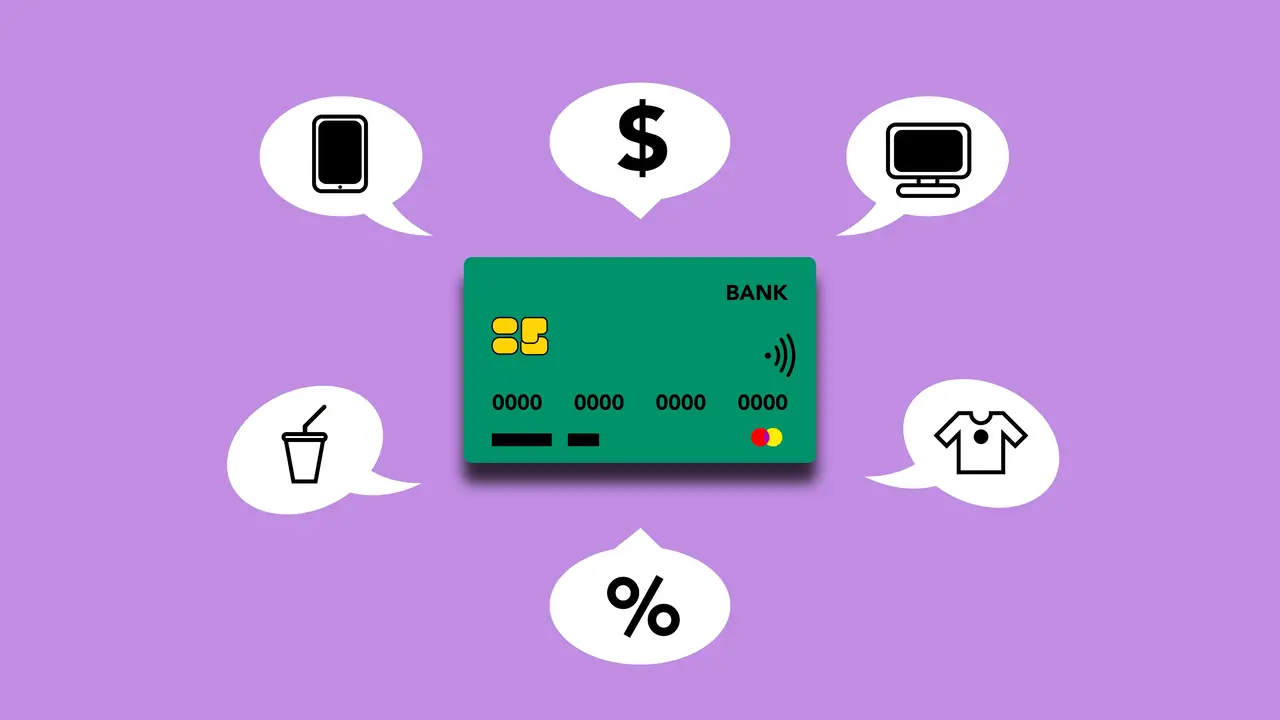Choosing the Right Cloud Platform: AWS vs Azure vs Google Cloud
- 6 October 2023
In today's cloud-driven world, selecting a cloud platform for your business can be an overwhelming decision. In this article, we'll be comparing the top three cloud platforms - AWS, Azure and Google Cloud Platform - to help you make the best choice for your company. We'll look at their features, pros and cons, pricing models and more. Read on to find out which cloud platform is right for you!
Introduction
When it comes to cloud platforms, there are three big names that tend to dominate the conversation: AWS, Azure, and Google Cloud. But how do you know which one is right for your business? In this blog post, we'll take a detailed look at each of these top cloud providers, so you can make an informed decision about which one is best for your needs.
What is Cloud Computing?
In the most basic sense, cloud computing is the delivery of computing services—including servers, storage, databases, networking, software, analytics, and intelligence—over the Internet (“the cloudâ€) to offer faster innovation, flexible resources, and economies of scale.
AWS, Azure & Google Cloud are three of the most popular cloud platforms. They offer a variety of services that can be used to build and run applications in the cloud. Here is a comparison of the three platforms:
AWS: Amazon Web Services (AWS) is a comprehensive, evolving cloud computing platform provided by Amazon.com. AWS offers a mix of infrastructure as a service (IaaS), platform as a service (PaaS) and packaged software as a service (SaaS).
Azure: Microsoft Azure is a cloud computing platform for building, deploying and managing applications and services through Microsoft-managed data centers. Azure offers both IaaS and PaaS services.
Google Cloud: Google Cloud Platform is a set of modular cloud-based services that allow you to create anything from simple websites to complex applications. Google Cloud offers both IaaS and PaaS services.
Comparison of AWS, Azure & Google Cloud Platforms
When it comes to cloud platforms, there are three big names that tend to dominate the conversation: Amazon Web Services (AWS), Microsoft Azure, and Google Cloud Platform (GCP). All three providers offer a vast array of products and services, so choosing the right one for your needs can be a daunting task.
To help you make an informed decision, we’ve put together a comparisons of the three platforms across a number of key areas. Read on to see how they stack up against each other.
Pricing
All three providers offer a pay-as-you-go pricing model, so you only ever pay for the resources you use. That said, there are some important differences to be aware of.
On AWS, prices are generally calculated based on per-hour or per-minute usage, with discounts available for longer commitments. Azure pricing is similar, although discounts are also available for pre-purchasing capacity in advance. GCP’s pricing is mostly based on per-second usage, with discounts available for sustained use of certain resources.
In terms of actual prices, AWS and Azure tend to be comparable. GCP is usually slightly cheaper than the other two options, but the price difference is often not significant enough to be a deciding factor.
Compute Services
All three providers offer a wide range of compute services, including virtual machines (VMs), containers, and serverless computing. Again,
- Features & Services Offered
The cloud has become a popular option for businesses of all sizes looking to reduce IT costs and increase flexibility, scalability, and agility. But with so many cloud platform providers to choose from, it can be hard to know which one is right for your business. In this blog post, we'll compare the top three cloud platform providers—AWS, Azure, and Google Cloud—so you can make an informed decision about which one is right for you.
AWS: Amazon Web Services (AWS) is a comprehensive, evolving cloud computing platform provided by Amazon.com. Launched in 2006, AWS now includes more than 70 services ranging from storage, analytics, and compute power to machine learning and artificial intelligence.
Azure: Microsoft Azure is a cloud computing service created by Microsoft for building, testing, deploying, and managing applications and services through a global network of Microsoft-managed data centers.
Google Cloud: Google Cloud Platform (GCP), offered by Google, is a suite of cloud computing services that runs on the same infrastructure that Google uses internally for its end-user products, such as Google Search and YouTube.
- Price
The cloud platform market is highly competitive, with the three biggest players being Amazon Web Services (AWS), Microsoft Azure and Google Cloud Platform (GCP). In this blog post, we'll be comparing the pricing of these three platforms, in order to help you make a decision about which one is best for your needs.
AWS Pricing
AWS offers a wide range of pricing options, depending on the services you need. For example, their EC2 compute service can be either on-demand or reserved, with on-demand instances being charged by the hour and reserved instances being charged by the year. Additionally, AWS offers a discount if you commit to using their services for a certain amount of time.
Azure Pricing
Azure's pricing model is similar to AWS, in that it offers both on-demand and reserved pricing options. However, Azure does not offer any discounts for committing to using their services for a certain amount of time. instead, they have what's called a ' Pay As You Go' model, where you only pay for the resources you use.
GCP Pricing
Google Cloud Platform's pricing model is different from both AWS and Azure. GCP does not offer on-demand or reserved pricing options - instead, they have a 'Pay As You Go' model like Azure. However, GCP does offer discounts if you commit to using their services for a certain amount of time period - unlike Azure, though, these discounts
- Security & Reliability
The cloud has revolutionized the way businesses operate and has provided a level of flexibility and scalability that was previously unimaginable. However, as with any new technology, there are always security concerns and questions about reliability. In this article, we will compare the security and reliability of the three top cloud platforms: AWS, Azure, and Google Cloud.
AWS is the clear leader in terms of security and reliability. They have been operating for over 10 years and have amassed a wealth of experience in securing data in the cloud. They have a comprehensive set of security features and controls that are constantly being updated to keep pace with the latest threats. Additionally, they have an impressive track record when it comes to uptime and availability.
Azure is a close second when it comes to security and reliability. They also have a comprehensive set of security features and controls. However, they haven't been operating for as long as AWS so they don't have the same depth of experience. Additionally, their uptime isn't quite as good as AWS but it's still very good.
Google Cloud is in third place when it comes to security and reliability. They have a decent set of security features but there are some areas where they could improve. Additionally, their uptime isn't as good as AWS or Azure but it's still acceptable.
Benefits of Moving to the Cloud
The cloud is becoming an increasingly popular option for businesses of all sizes. There are many benefits of moving to the cloud, including increased flexibility, scalability, and cost-savings.
One of the biggest benefits of moving to the cloud is increased flexibility. With a cloud platform, businesses can quickly scale up or down as needed, without having to invest in expensive infrastructure. This makes it much easier to respond to changing demands and market conditions.
Another benefit of the cloud is improved scalability. Cloud platforms are designed to handle large amounts of traffic and data, so businesses can easily expand their operations without running into performance issues.
Finally, cloud platforms can help businesses save money on IT costs. By using a pay-as-you-go model, businesses only pay for the resources they use, which can significantly reduce their overall IT expenses.
Conclusion
Cloud computing is an invaluable tool for businesses of all sizes. After reading this article, you should have a better idea of the top cloud platforms—AWS, Azure, and Google Cloud—and their capabilities. As always, it’s important to do your own research before choosing one platform over another as they each offer different features that may be more or less beneficial depending on your organization's needs. With so many options available today, there’s no reason why you can't find the perfect cloud platform that meets your company's needs without breaking the bank.
Power Your Business with Smart AI Solutions
Contact Us Schedule a ConsultationRecent Posts

Building a Scalable SaaS Architecture

Optimizing Banking using AI and Predictive Analysis

Neobanks & Technology: Disruption in Banking Industry

The ultimate guide to Product Design Process
Contact us
Contact us right now and let us be your reliable partner for developing enterprise & web apps.
Contact Us
